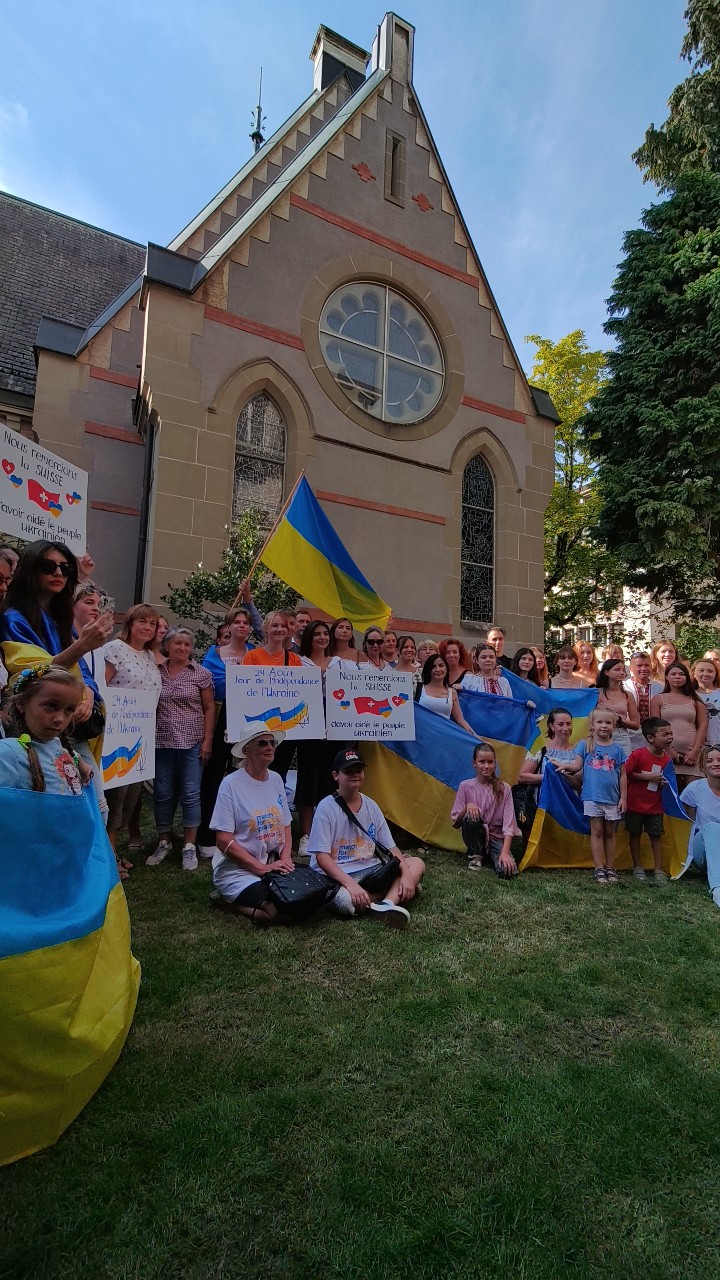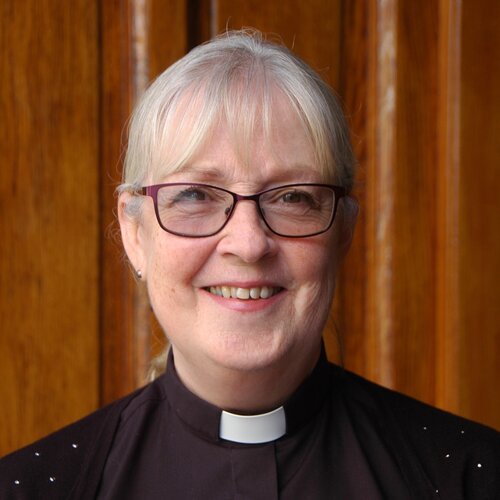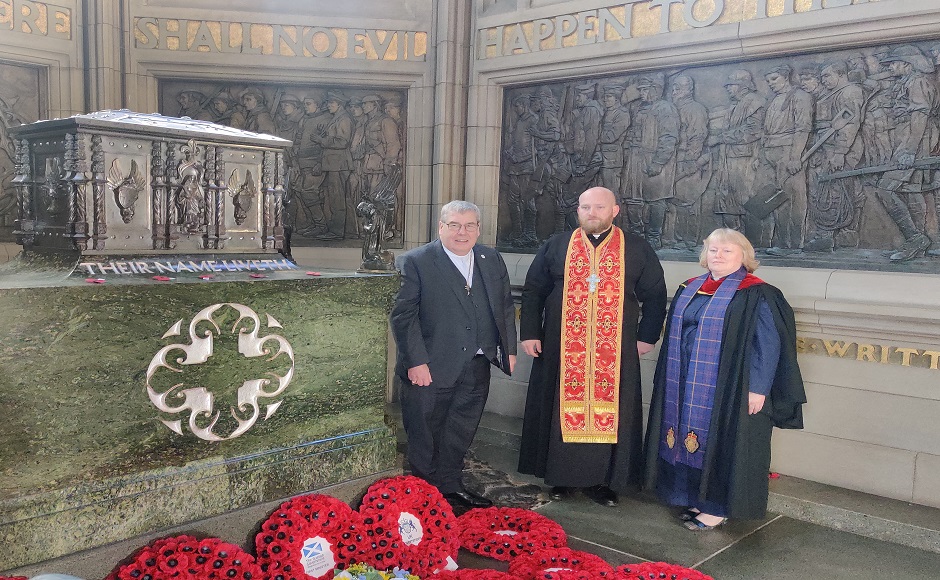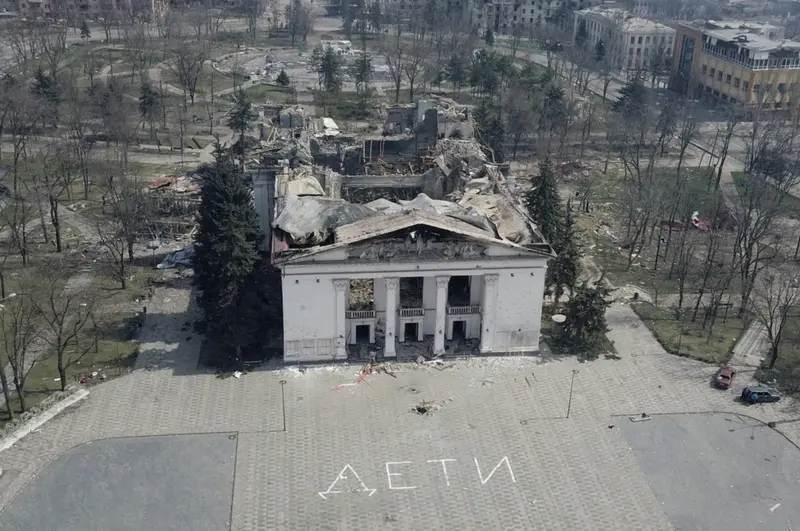Scots Kirk in Switzerland provides a warm welcome for Ukrainians
Published on 3 May 2023
Displaced Ukrainians have visited an emergency support service hosted by the Church in Switzerland around 5,000 times over the last year.
The Scots Kirk in Lausanne was instrumental in setting up the Ukraine Day Centre which provides support to around 1,000 people who were forced to flee their homeland after the Russian military invasion.
Run by 70 volunteers, the centre was established by the Scots Kirk and two other English-speaking congregations in Lausanne – Our Lady of Faith and Christ Church - as a lifeline place of refuge for people who have lost practically everything.

The ecumenical project -- that sees Presbyterians, Catholics and Anglicans channelling the teachings of Jesus Christ and working together for the greater good - opened a year ago.
Reflecting on how to respond to the flood of people arriving in Lausanne following the invasion of Ukraine in February last year, Rev Gillean MacLean, minister of the Scots Kirk, said: "We just knew we had to do something, but what?
"I spoke with Rev Aaron Stevens, the minister of St Columba's Church of Scotland in Budapest, who was already supporting large numbers of refugees and he advised that Ukrainians would really need a place to gather in safety and where they could share their stories.
"We feel, as a Church gathered from many nations who have found a home here in Switzerland, that we must help these refugees who continue to suffer the most dreadful loss and upheaval.
"We have the means and the capacity to be there for them socially and physically and we are happy to offer them a warm welcome and to learn from them how best we can help."

Jeremy McTeague co-founded the Ukraine Day Centre, which is open on Thursday and Sunday afternoons as well as providing classes on other days.
He said: "The Scots Kirk had the space while Our Lady of Faith and Christ Church were vital in providing volunteers, funds and other support.
"Vitally we have had masses of help from volunteers from outside the church communities who have expertise in the not-for-profit sector and/or who speak Ukrainian and Russian.
"We formed a planning committee of volunteers from the three churches, set a date to open, drew up a rota, bought jars of coffee and biscuits, set up wi-fi and twisted peoples' arms for money, clothes, and help with teaching and counselling".
Donations started to come in from members of the church communities and other generous donors but no one turned up on the first day the centre opened.
Then on the second day the first visitor walked through the door - Ludmila Bahkmut who had just fled her home in Kiev with her daughter.
With the help of a translator, she asked a lot of questions about the centre and the pair of them spread the word among fellow Ukrainians.

Mr McTeague said: "The people turning up were exhausted.
"They needed advice and reassurance in a foreign country but mostly they needed to be able to talk to each other as mothers, sisters and wives rather than as people to be processed.
"The evacuation trains were massively overcrowded so people could carry only a few personal belongings.
"The centre's clothing bank had received hundreds of donations and was able to address what was an urgent and real need.
"The Ukrainians also needed to be able to speak French, so language lessons were quickly organised by qualified teachers."
Around 400 hours of language lessons have been delivered so far.
A further boost to the centre has been its partnership with Ukraine Reborn, a group of Ukrainians already living in the region who have provided a plethora of services including employment advice and counselling for adults and children.
Ukraine Centre co-founder, Rosemary Raedler from Christ Church, said: "What impresses me most is the way the refugees have taken responsibility for running activities here.
"Scores of children have benefitted from craft and art classes and fun and games.
"The adults have organised concerts and festivals, knitting and a Ukrainian book exchange, all over a cup of tea or coffee."
Ms MacLean, whose time as the minister of the Scots Kirk comes to an end in late June after four years, said it has been a "gift" for the three Church communities to get to know each other better.
"We have also learnt so much from our Ukrainian friends," she added.
"So much about love and acceptance and resilience that we find ourselves just humbled by them."
The Church has a long history of receiving and supporting refugees and those displaced by conflict and leads the multifaith partnership, Scottish Faiths Action for Refugees.


